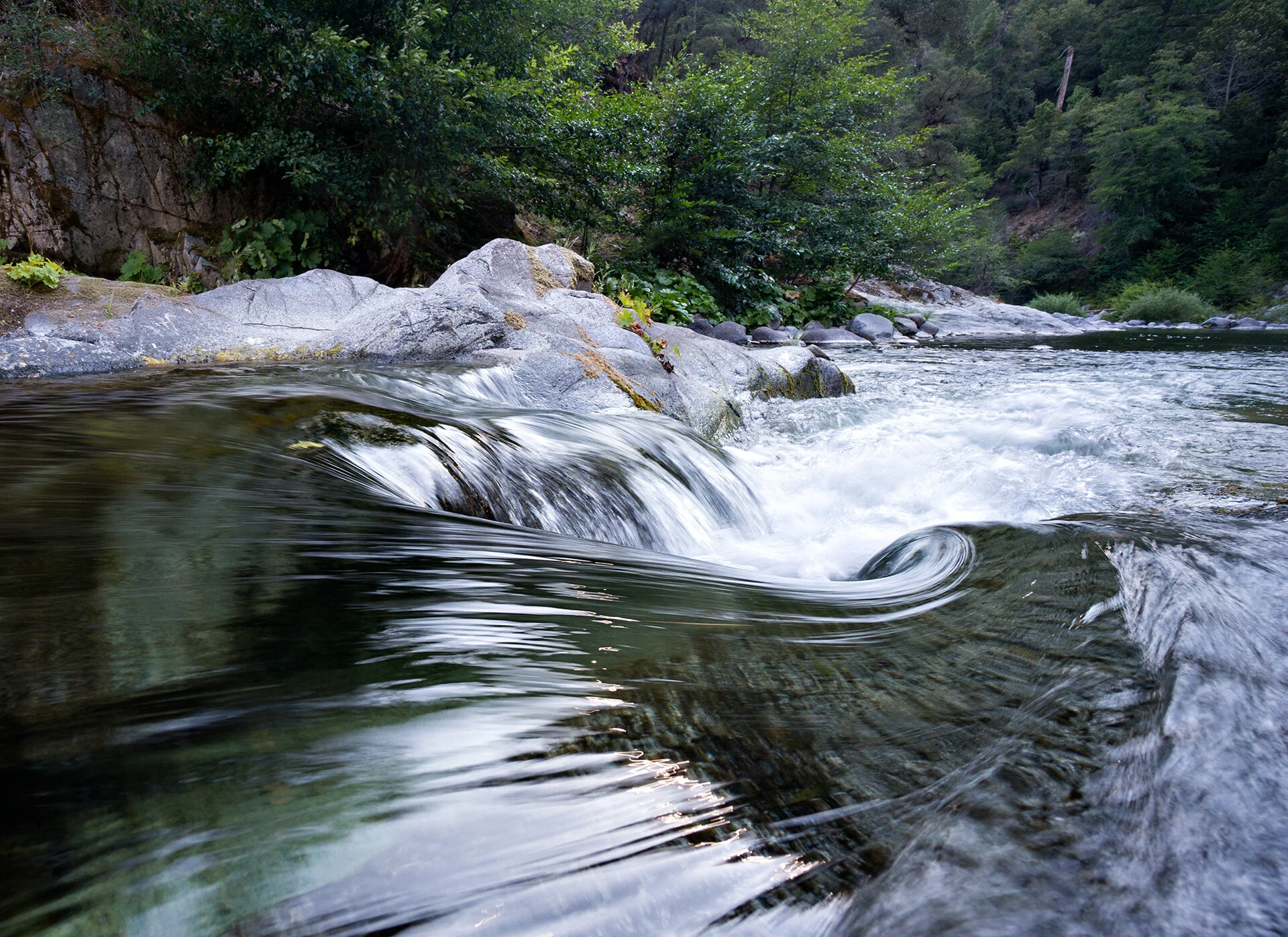2025-2026 Dialogue Series: Celebrating the 10th Anniversary of the Integration and Implementation (i2Insights) Blog & Repository
For the past decade, the Integration and Implementation Insights (i2Insights) blog and repository, hosted by Gabriele Bammer and Peter Deane of the Australian National University, has inspired and sustained collaboration across a global integrative research community dedicated to advancing tools that improve our ability to tackle complex societal and environmental problems.
To mark the 10th anniversary of i2Insights, INTEREACH is dedicating its 2025-2026 webinar series to celebrating the blog's content and collectively taking stock of all it has contributed toward the formalization of integrative skillsets and transdisciplinary approaches to addressing complex challenges.
Each webinar will spotlight a theme from i2Insights, featuring two contributors who will give short presentations before engaging in a dialogue with one another. The conversation will then open to all attendees, creating space for rich discussion on the impacts, evolution, and future of the ideas explored in i2Insights blog posts.
Please join us for this special series as we honor i2Insights and its contributions to advancing integrative research and developing the profession for the integration experts that facilitate such work.
Dates, Topics, Speakers & Affiliations
October 14th: “Series Launch: Celebrating the 10th Anniversary of the Integration and Implementation (i2Insights) Blog & Repository,” featuring a video by i2Insights Host, Gabriele Bammer (The Australian National University) and contributions from the INTEREACH Leadership Team, Christine Hendren (Appalachian State University), Kristine Glauber & Amalia Turner (Duke University), and Alison Deviney & Kim Bourne (North Carolina State University).
November 11th: “(i2)Insights on Embodied and Arts-Based Practices” with panelists Jillian Student (Wageningen University & Research) and Veronica Dittman Stanich (a2ru-Alliance for the Arts in Research Universities)
December 9th: “(i2)Insights on Systems and Complexity Methods” with independent researcher Catherine Hobbs and Jean Boulton (University of Bath and Cranfield University).
January 13th: “(i2)Insights on Leadership Practices for Collaborative Teams” with Gerald Midgley (University of Hull) and Gemma Jiang (Colorado State University).
February 10th: “(i2)Insights on Professionalization of Interdisciplinary and Transdisciplinary Careers” with Bianca Vienni-Baptista (ETH Zürich) and Michael O'Rourke (Michigan State University).
March 10th: “(i2)Insights on Participatory Methods at an Institutional Level” with David Hart (University of Maine) and Marina Knickel (Konrad Lorenz Institute).
April 14th: “(i2)Insights on Building Competencies” with L. Michelle Bennett (L.M. Bennett Consulting) and Stephen Fiore (University of Central Florida).
May 12th: “(i2)Insights on Integration Frameworks” with Christian Pohl (ETH Zurich) and Stephen Crowley (Boise State University).
June 9th: “(i2)Insights on Decolonisation and Epistemic Justice” with Gabriela Alonso Yanez (University of Calgary) and Basirat Oyalowo (Oxford Brookes University).
Subscribe to the INTEREACH listserv to receive Zoom links and calendar notifications.
